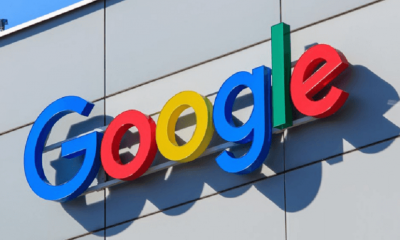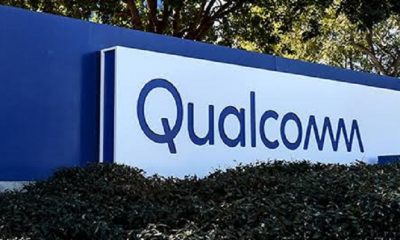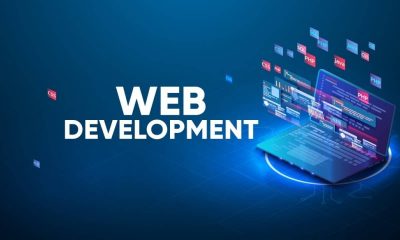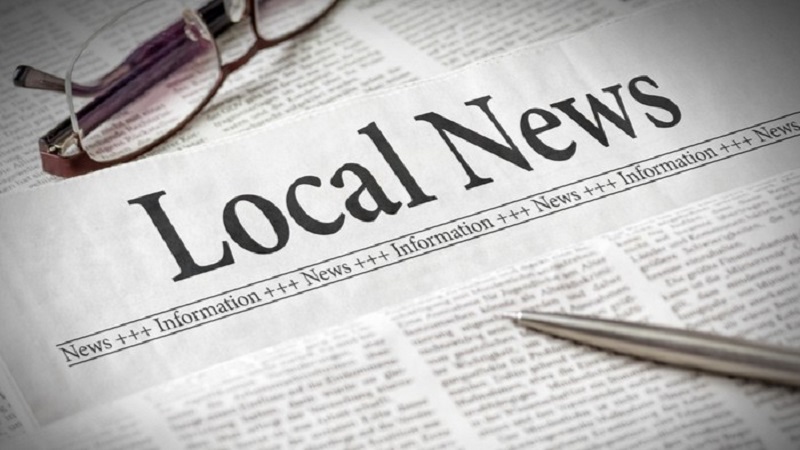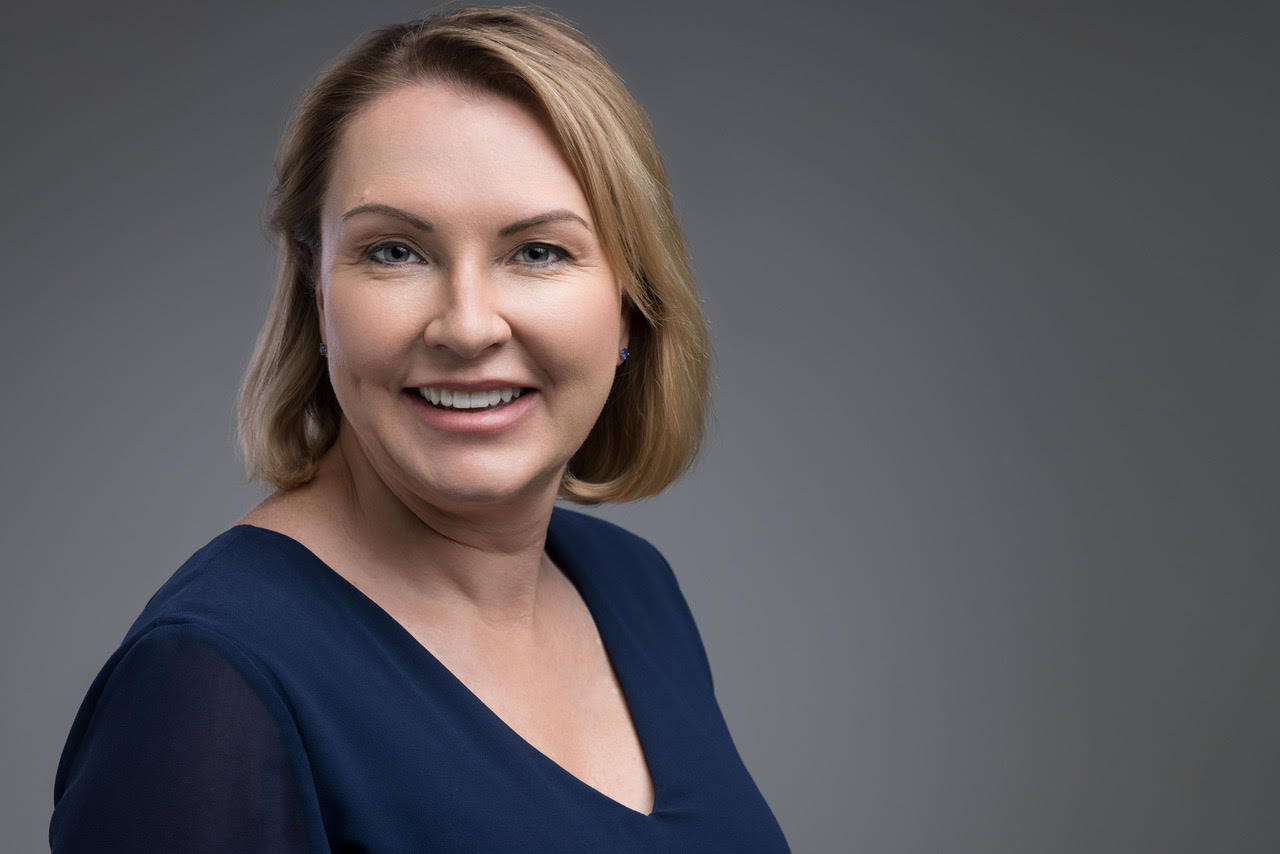General
Election Misinformation: Nigerian Fact Checkers Deploy Full Fact’s AI Tools
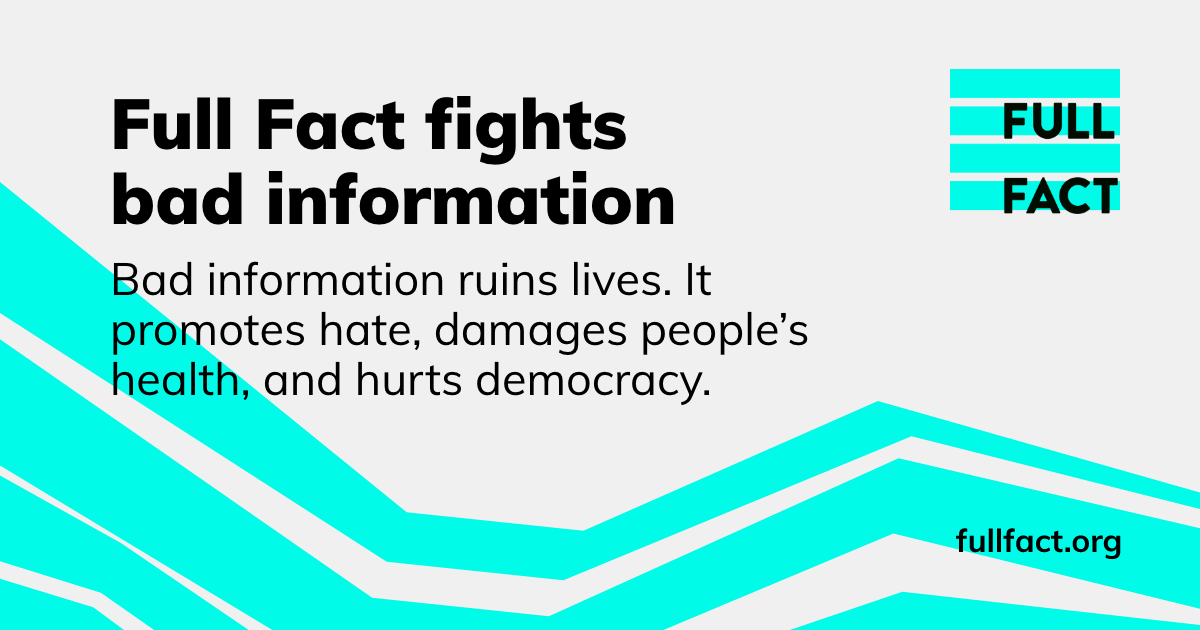
By Modupe Gbadeyanka
Determined to fight election misinformation as the 2023 general elections in Nigeria draw closer, some Nigerian fact checkers have partnered with a UK-based charity which tackles misinformation through fact-checking and campaigns, Full Fact.
The Nigerian fact checkers coming together for this are Africa Check, Dubawa, and FactCheckHub. They want to deploy the AI tools of Full Fact to stop the spread of misinformation during the election starting February 25.
The project, made possible by a $2 million grant from Google’s philanthropic arm, Google.org, has already seen remarkable results. With the support of 7 dedicated technical Google.org Fellows who worked on a pro bono basis, Full Fact’s AI technology has seen a 1000x increase in claim detection (i.e. identifying which claims are most important to fact-check) and helped scale their fact-checks to appear in 237 million search results in 2020.
The technology, developed by Full Fact in 2015, will now be used in a Nigerian election for the first time, offering instant transcription services and real-time fact-checking during debates, speeches and throughout the election process to increase the speed and accuracy of information dissemination.
Full Fact will also provide ongoing training and support to its local fact-checking partners during the election process.
Despite the emergence of organisations and initiatives aimed at countering the spread of misinformation and promoting accurate information in Nigeria, fact-checking still faces challenges, such as limited resources and difficulties accessing information. However, with the help of AI technology, Full Fact is determined to make it harder for false and misleading claims to spread and erode trust in democracy.
“Every vote should be an informed vote,” says Will Moy, CEO of Full Fact. “We’ve seen first-hand how bad information spreads during an election, and it can’t be allowed to undermine democracy. Our AI tools, with support from Google.org, help fact-checkers stay ahead of false claims and promote accurate information. We’re proud to support our partners in Nigeria during this important time.”
“At Google.org, we’re dedicated to using our resources and technology to make a positive impact on society,” says Dawn Dimowo, Government Affairs & Public Policy Manager, Nigeria. “Continuing our support for Full Fact in Nigeria is an exciting opportunity to help stop the spread of misinformation and promote accurate information during the election. This builds on our ongoing efforts to support local fact-checking initiatives. We’re proud to support this important project and make a positive difference in the world.”
Opeyemi Kehinde, Editor of FactCheckHub, said, “Using the Full Fact AI tool, built in collaboration with Africa Check, has enhanced our work ahead of Nigeria’s 2023 general election. Since we were onboarded, our team of fact-checkers and researchers at the Nigerian Fact-checkers Coalition (NFC) have been utilising the AI platform to source claims for debunking easily. The platform also comes in handy for our live checks of political town halls and debates for candidates, especially its live transcription feature, which we hope to utilise in the days before the election.”
What is Full Fact AI?
Full Fact AI is a suite of robust, scalable software tools designed to assist fact-checkers and organisations focused on promoting accurate information. The combination of artificial intelligence and human expertise enables Full Fact AI users to combat misinformation effectively while maintaining high standards of accuracy and credibility.
Full Fact AI provides three tools to Nigerian fact-checkers: the Search tool, which helps identify the most significant statements to fact-check each day by monitoring online media, social media, and RSS feeds; the Alerts tool, which informs fact-checkers of repeat instances of previously fact-checked false information, allowing them to act quickly and insert accurate information into public discourse; and the Real-Time tool, which offers an instant transcription of election debates, interviews, and town halls, eliminating the need for manual transcription and providing a record of fact-checkable claims.
Kemi Busari, the editor of Dubawa, said, “Full Fact AI has been very helpful in the lead-up to the 2023 elections in Nigeria. I use the tools to search for claims and even identify persistent spreaders of falsehood. These tools, combined, would further help us as fact-checkers to hold politicians accountable and help people access accurate information about the election.”
David Ajikobi, Nigerian editor at Africa check, said, “Full Fact’s AI Tools, which Africa Check helped develop, allow the coalition to monitor news websites and social media pages and transcribe live TV or radio to find claims to fact check. This has boosted the coalition’s resolve to significantly reduce the spread and impact of election-related misinformation and disinformation.”
During the course of the Nigerian elections, Full Fact AI will share fact checks, images, videos, and impact stories from their fact-checking service.
General
Nigerian Bottling Company Bridges Education, Employability Gap

By Modupe Gbadeyanka
The Nigerian Bottling Company (NBC) has reaffirmed its determination to bridge the gap between education and employability in the country by sustaining its flagship Youth Empowered (YE) programme.
This initiative provides hands-on learning, real-world insights, and access to career-shaping opportunities to young Nigerians.
The 2026 edition of the scheme commenced on February 2 at the University of Lagos (UNILAG), with participants mainly young people between the ages of 16 and 35.
A statement from the organisation said this year’s rollout will expand to more tertiary institutions, including the Federal University of Technology, Akure (FUTA). This follows a successful 2025 tour that reached seven cities across the country, including Makurdi, Jos, Benin, Kaduna, Asaba, Akure, and Port Harcourt.
Participants in the 2026 programme will receive training across key modules designed to support personal, professional, and business growth, including Business Life Skills, Adaptability and Resilience, Financial Literacy, Customer Service and Communication, Sales and Negotiation Skills, and Workplace Ethics.
The sessions will also feature breakout workshops on Business Planning, Project Management, and Time Management, alongside the Director’s Grant Pitch Competition, where participants can pitch their ideas for a chance to win business funding.
In addition to skills development, NBC’s People and Culture team will be present throughout the programme to identify outstanding talent for future opportunities within the organisation, further strengthening the connection between learning, employment, and long-term career growth.
One of the participants at the UNILAG training, Waliat Adedogun, who received a cash grant through the Director’s Grant Pitch Competition to support her small business, said: “Youth Empowered gave me more than training; it gave me clarity and confidence. Winning the grant means I can finally take my business idea from a dream into something real. I now feel prepared to build, grow, and create opportunities not just for myself, but for others too.”
Since its launch in 2017, the scheme has impacted more than 70,000 young Nigerians, equipping participants with practical skills, confidence, and exposure needed to succeed in today’s dynamic workplace and entrepreneurial landscape.
This year’s programme is being delivered in collaboration with Fate Foundation as the implementing partner, with funding support from The Coca-Cola HBC Foundation.
Last year, 10 beneficiaries were selected for six-month paid internships across NBC locations in Lagos, Ibadan, Asejire, and Challawa, gaining direct industry exposure.
Additionally, three outstanding participants received sponsorship for an all-expenses-paid intensive culinary training programme and were awarded N1 million each to support the launch of their businesses.
General
INEC Fixes February 20 for 2027 Presidential, NASS Elections

By Modupe Gbadeyanka
The 2027 presidential and National Assembly elections will take place on Saturday, February 20, the Independent National Electoral Commission (INEC) has revealed.
In a notice for the 2027 general polls issued on Friday, the electoral umpire also disclosed that the governorship and state assembly elections for next year would be on Saturday, March 6.
Speaking at a news briefing in Abuja today, the chairman of INEC, Mr Joash Amupitan, expressed the readiness of the commission to conduct the polls next year, which is 12 months away.
The timetable issued by the organisation for the polls comes when the federal parliament has yet to transmit the amended electoral bill to President Bola Tinubu for assent.
This week, the Senate passed the electoral bill, reducing the notice of elections from 360 days to 180 days, while the transmission of results was mandated with a proviso.
Recall that on February 4, INEC said it was ready to go ahead with preparations for the elections despite the delay in the passage of the amended electoral law of 2022.
General
NGIC Pipeline Network to Experience 4-Day Gas Supply Shortage

By Modupe Gbadeyanka
The pipeline network of the NNPC Gas Infrastructure Company Limited (NGIC) will witness a temporary reduction in gas supply for four days.
This information was revealed by the Chief Corporate Communications Officer of the Nigerian National Petroleum Company (NNPC) Limited, Mr Andy Odeh, in a statement on Thursday night.
A key supplier of gas into the NGIC pipeline network is Seplat Energy Plc, a joint venture partner of the state-owned oil agency.
It was disclosed that the facility would undergo routine maintenance from Thursday. February 12 to Sunday, February 15, 2026.
The NNPC stated that, “This planned activity forms part of standard industry safety and asset integrity protocols designed to ensure the continued reliability, efficiency, and safe operation of critical gas infrastructure.”
“Periodic maintenance of this nature is essential to sustain optimal system performance, strengthen operational resilience, and minimise the risk of unplanned outages,” it added.
“During the four-day maintenance period, there will be a temporary reduction in gas supply into the NGIC pipeline network. As a result, some power generation companies reliant on this supply may experience reduced gas availability, which could modestly impact electricity generation levels within the timeframe.
“NNPC Ltd and Seplat Energy are working closely to ensure that the maintenance is executed safely and completed as scheduled. In parallel, NNPC Gas Marketing Limited (NGML) is engaging alternative gas suppliers to mitigate anticipated supply gaps and maintain stability across the network,” the statement further said.
“Upon completion of the maintenance exercise, full gas supply into the NGIC system is expected to resume promptly, enabling affected power generation companies to return to normal operations,” it concluded.
-

 Feature/OPED6 years ago
Feature/OPED6 years agoDavos was Different this year
-
Travel/Tourism10 years ago
Lagos Seals Western Lodge Hotel In Ikorodu
-

 Showbiz3 years ago
Showbiz3 years agoEstranged Lover Releases Videos of Empress Njamah Bathing
-

 Banking8 years ago
Banking8 years agoSort Codes of GTBank Branches in Nigeria
-

 Economy3 years ago
Economy3 years agoSubsidy Removal: CNG at N130 Per Litre Cheaper Than Petrol—IPMAN
-

 Banking3 years ago
Banking3 years agoSort Codes of UBA Branches in Nigeria
-

 Banking3 years ago
Banking3 years agoFirst Bank Announces Planned Downtime
-

 Sports3 years ago
Sports3 years agoHighest Paid Nigerian Footballer – How Much Do Nigerian Footballers Earn


